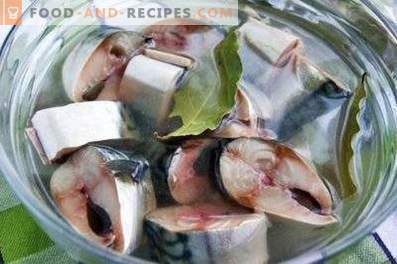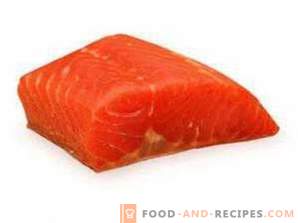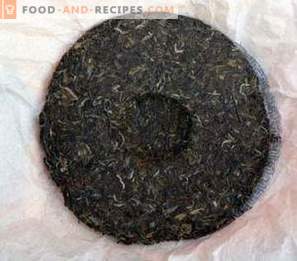
Salmon is an unusually tasty fish and very healthy for our health. It is a source of polyunsaturated acids that the body does not know how to independently produce. In addition, the composition of the fish contains many vitamins and trace elements. Unfortunately, some of its useful properties disappear during heat treatment, and you want to keep this great product longer without losing vitamins and fatty acids. The best solution to the problem - salting, and the most useful fish - salted.
Many salted salmon on their own, others buy in the store already finished. In both cases, it is necessary to create special conditions for its storage in order to be able to enjoy this fish in your diet as long as possible.
Cold storage
If you purchased a vacuum-packed small fish in a store and do not plan to eat it right away, then such a product will perfectly hold in the refrigerator for 30 to 45 days, but salmon must be eaten during the day.
The fish in the brine will remain in the refrigerator for much longer. But here, the shelf life varies depending on the degree of salinity. Low-salted fish can spend only 6 days in the refrigerator without loss of quality, medium salt can last up to 15 days, and in a solution with a high salt concentration lasts about a month. It is possible to prolong the time without freezing by cutting the fillet, peeled from the skin, into pieces, placing it in a glass or ceramic dish and completely covering it with vegetable oil. With this storage method, you can optionally add various spices to the oil, such as bay leaf or allspice. Such fish can be kept at a temperature from 0 ° C to + 6 ° C for up to three months.
Nevertheless, despite all the tricks, the shelf life of salted salmon in the refrigerator is much less than in frozen form.
Storing in the Freezer
In the freezer, salted fish can be stored much longer than in the refrigerator - up to 6 months. True, by the end of this period the salmon becomes much drier, and its color is paler. In addition, during freezing, some of the useful qualities for which this fish is so valued are lost.
Before freezing it is convenient to divide the whole carcass into portions. So then it is more convenient to eat. When defrosting salmon retains the maximum of their taste, it is recommended to carry out this process not at room temperature, but in the refrigerator.










































